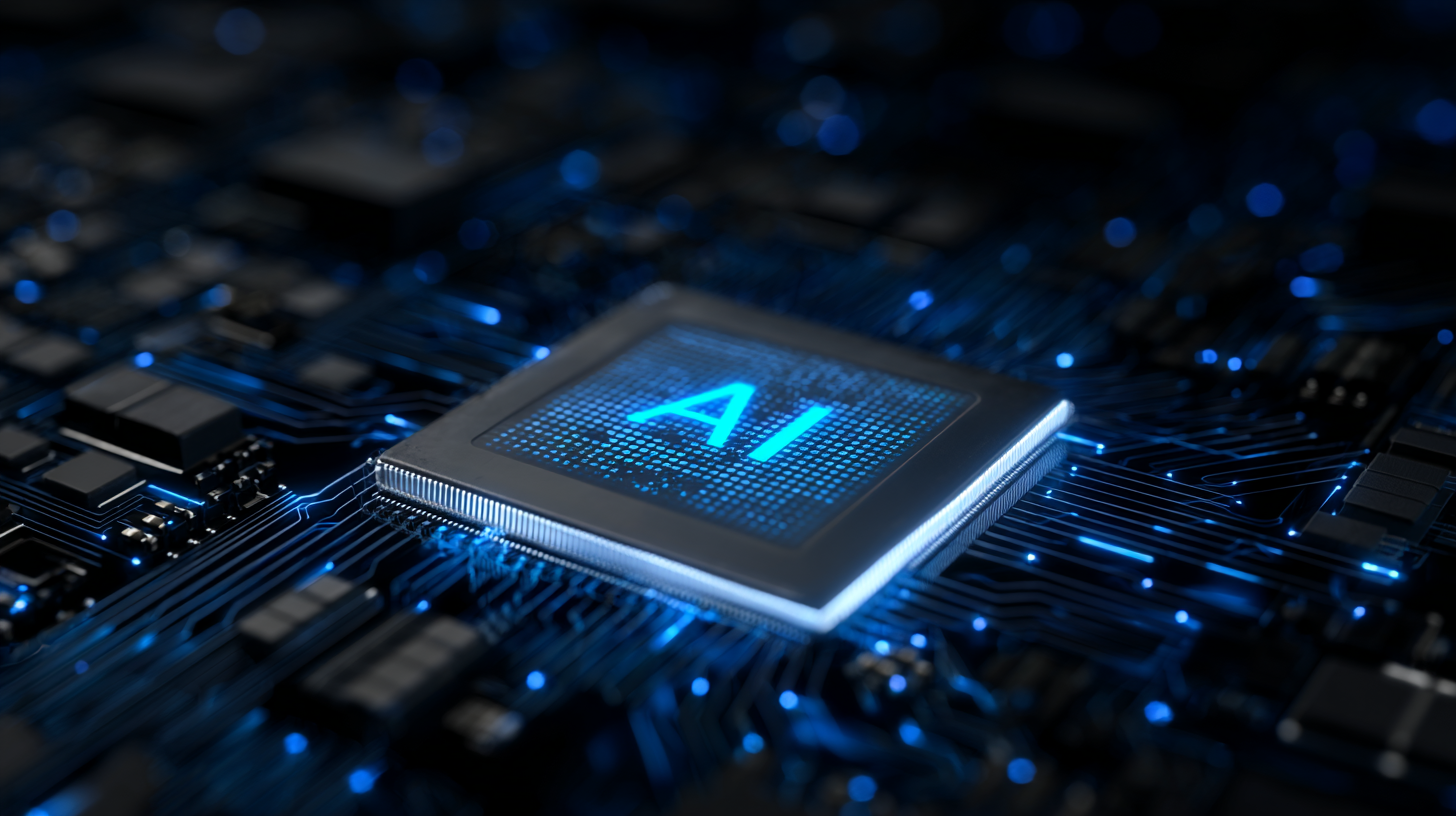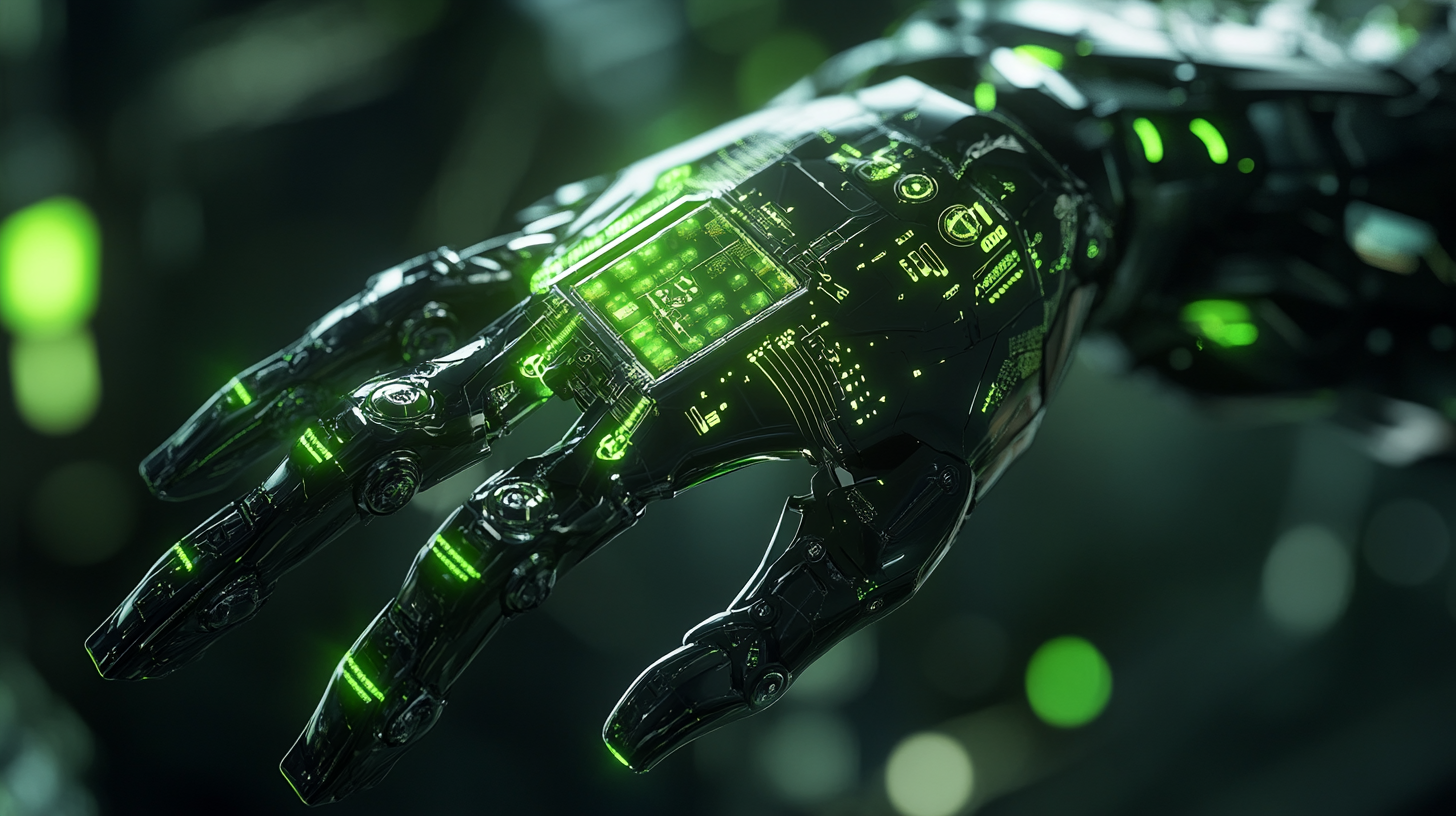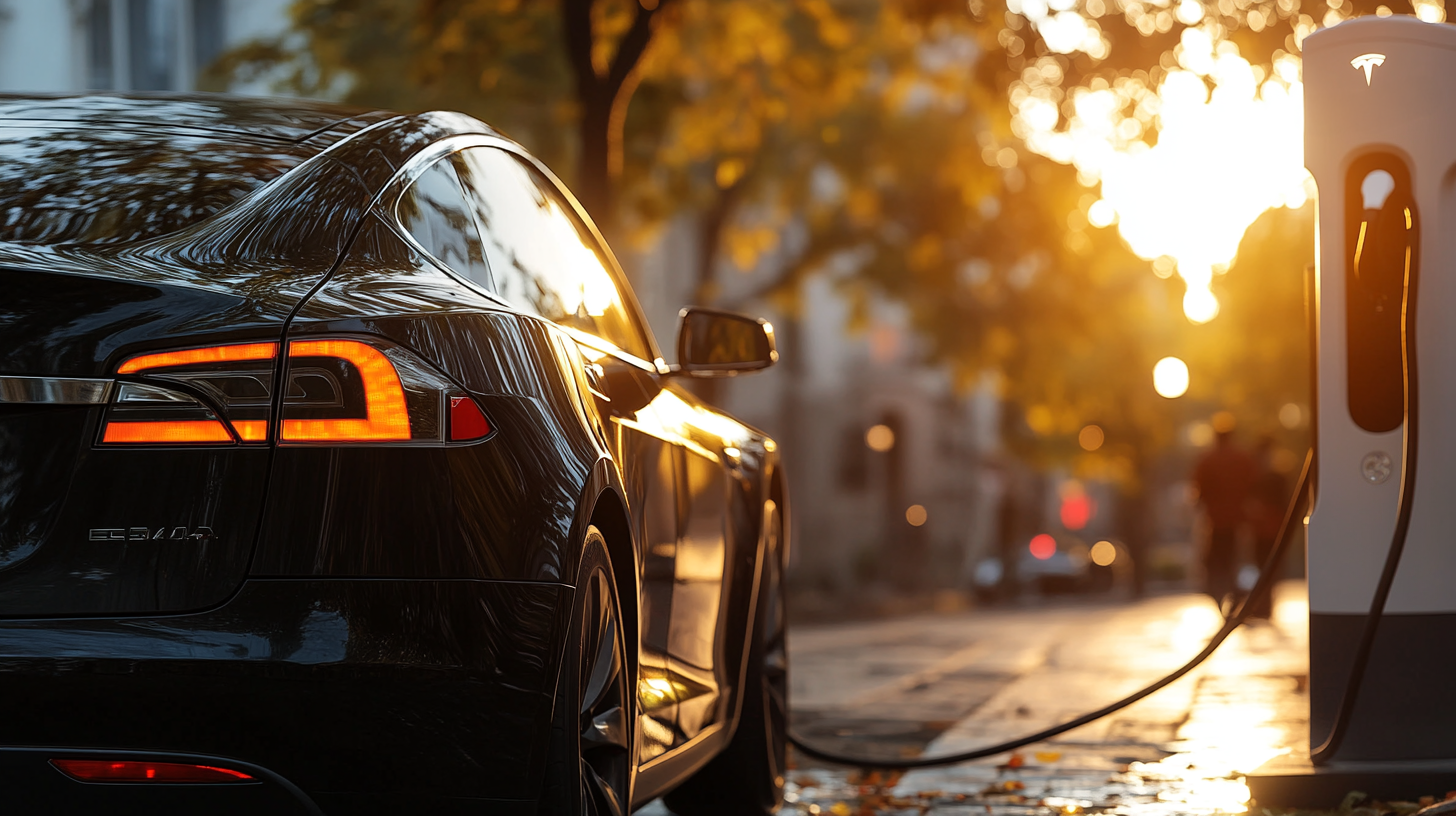In an pioneering announcement, Nvidia has revealed its latest innovation in the field of robotics: the Jetson Thor computer. This advanced computing platform, specifically designed for humanoid robots, is set to revolutionize the industry when it launches in the first half of 2025.
The Jetson Thor, first introduced earlier this year, represents a significant leap forward in artificial intelligence capabilities for robots. By leveraging state-of-the-art AI technology, these computers aim to enhance the autonomy of humanoid robots and improve their interactions with humans and the environment.
Deepu Talla, Nvidia's Vice President for robotics and edge computing, shared the company's vision at a recent conference in Tokyo. Unlike Tesla's vertically integrated approach, Nvidia is positioning itself as a provider of underlying computing platforms for a diverse range of robot manufacturers. This strategy mirrors the role of companies like Google in the Android ecosystem or Qualcomm in the smartphone market.
The potential impact of this technology is far-reaching. Experts believe that humanoid robots equipped with Jetson Thor computers could transform various sectors, including manufacturing, construction, healthcare, and home assistance. The key advantage lies in their ability to navigate personal spaces more effectively and with lower risk compared to autonomous vehicles, which face greater challenges in complex urban and rural environments.
Nvidia's approach to the market is notably different from Tesla's. While Tesla plans to begin limited production of its Optimus Bot by 2025 primarily for internal use, Nvidia envisions a fragmented market with thousands of robot makers producing hundreds of thousands of humanoid bots. This strategy is supported by newly announced partnerships with industry giants Siemens and Universal Robots.
Interestingly, Talla disclosed that Nvidia is also providing certain technologies to Tesla for its humanoid robot development, highlighting the company's broad influence in the field.
The unveiling of Jetson Thor comes at a time when there is a significant surge in humanoid robot development, particularly in the United States and China. This trend is largely driven by the need to address labor shortages across various industries.
As the world eagerly anticipates the launch of Jetson Thor in 2025, it's clear that Nvidia is positioning itself at the forefront of the robotics revolution. With its powerful computing capabilities and AI-driven approach, the Jetson Thor platform could very well be the key to unlocking the full potential of humanoid robots in our society.







